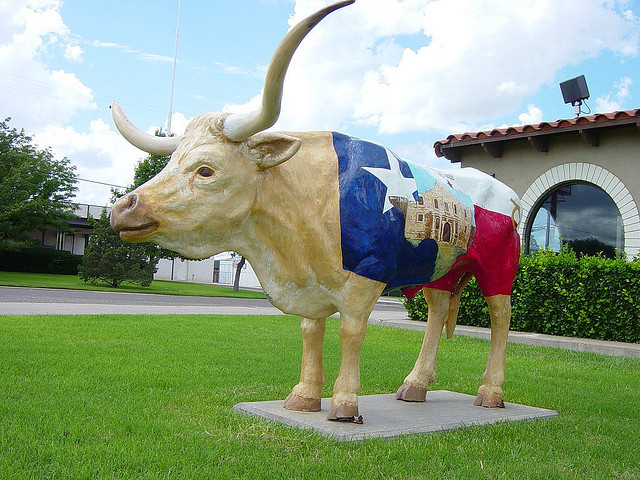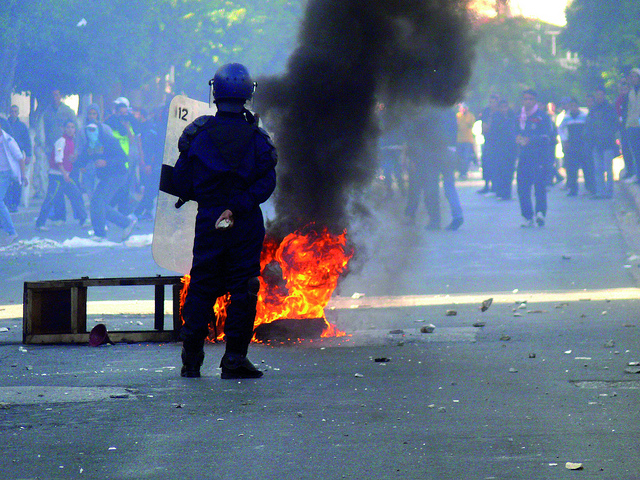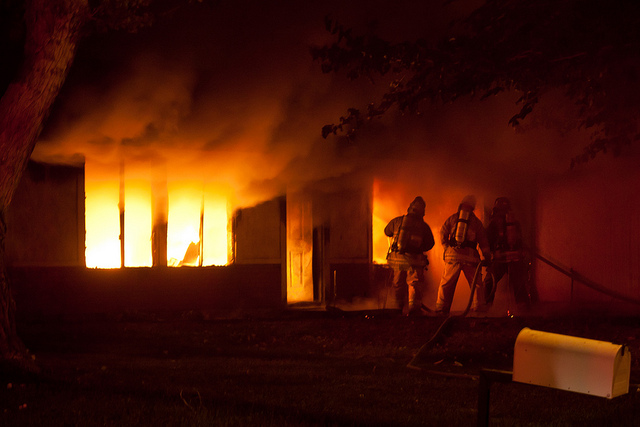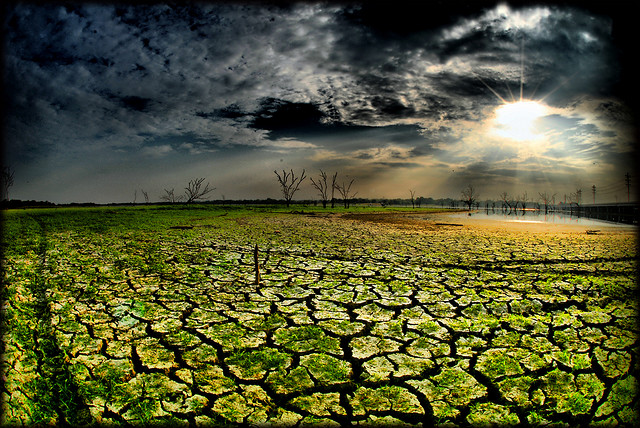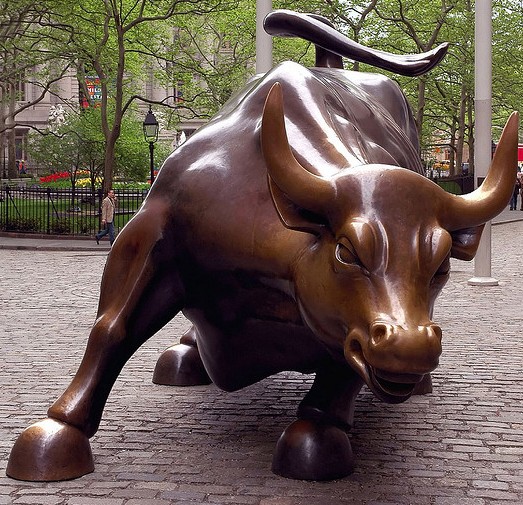Podcast: Play in new window | Download
Subscribe: RSS
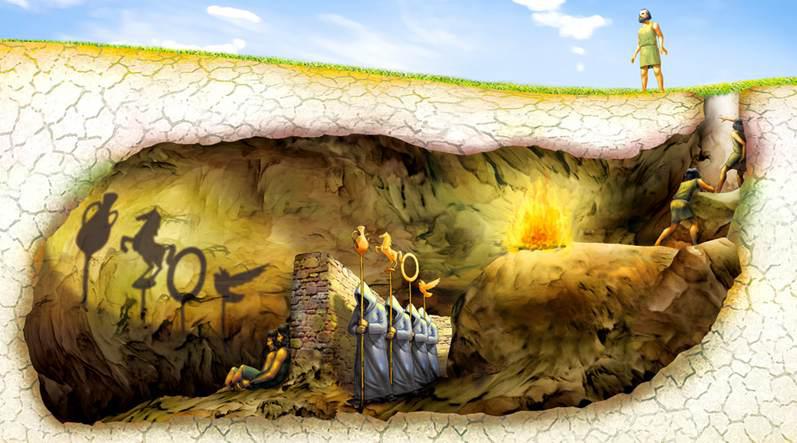
In Plato’s little-recognized prediction of the Age of Television, slaves chained to their couches watch reflections of events, while philosophers struggle up to the sunlight to see what’s really going on.
Plato asked us to imagine a group of people chained to a wall in a cave in such a way that they could not see what was going on around them, only reflections cast on the cave wall opposite them by firelight. He invited us to consider how skewed the prisoners’ understanding of the world would become over time, and to value the contributions of philosophers who go out into the sunlight and see things as they really are. It’s easy for us Americans of 2015 to grasp the first part of his allegory, because it’s a perfect description of us watching TV (remarkable that he nailed that prediction 2,000 years ago, don’t you think?). It’s the second part that mystifies: what would a philosopher, stumbling out of the cave of shadows on the wall, make of our realities? Continue reading

